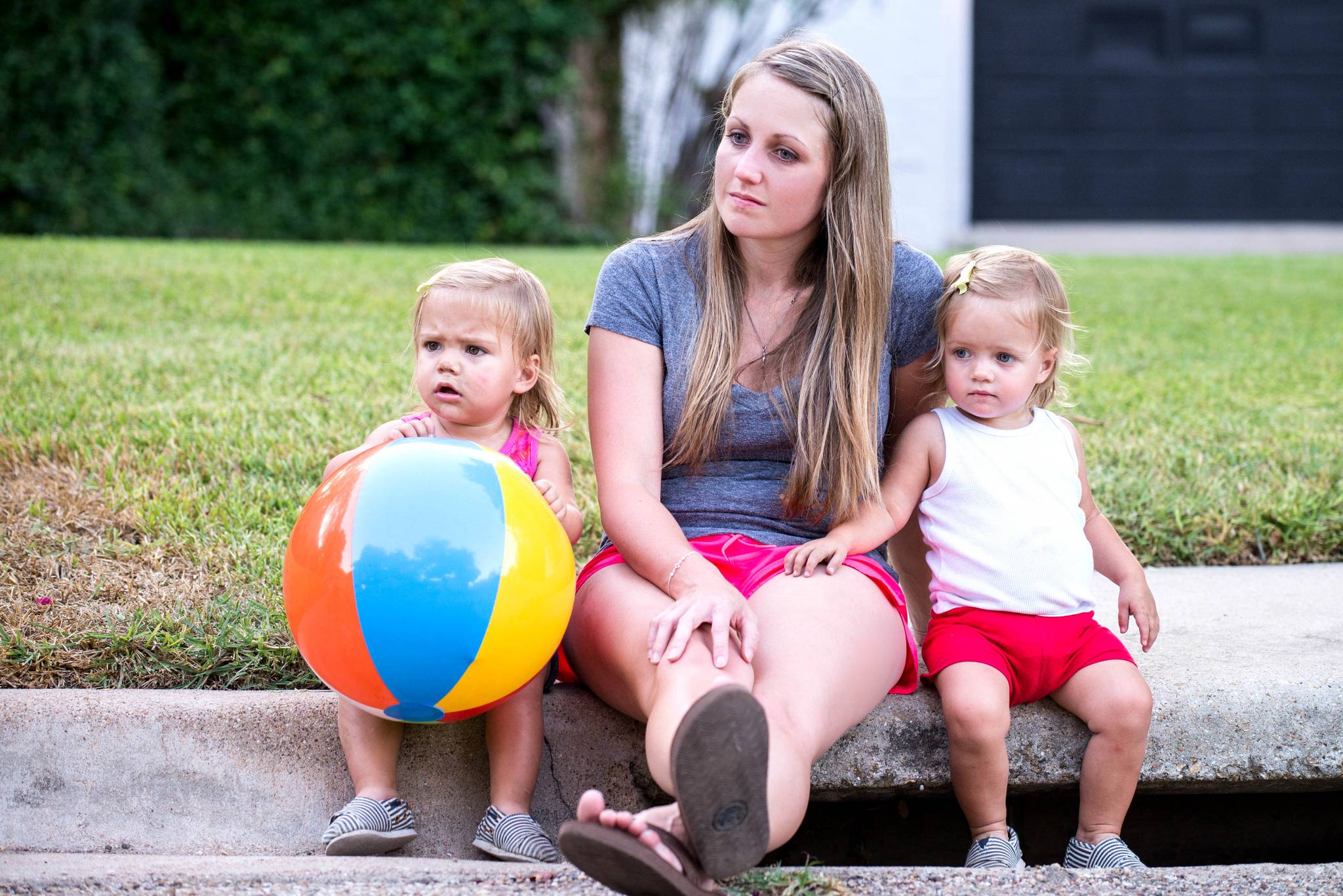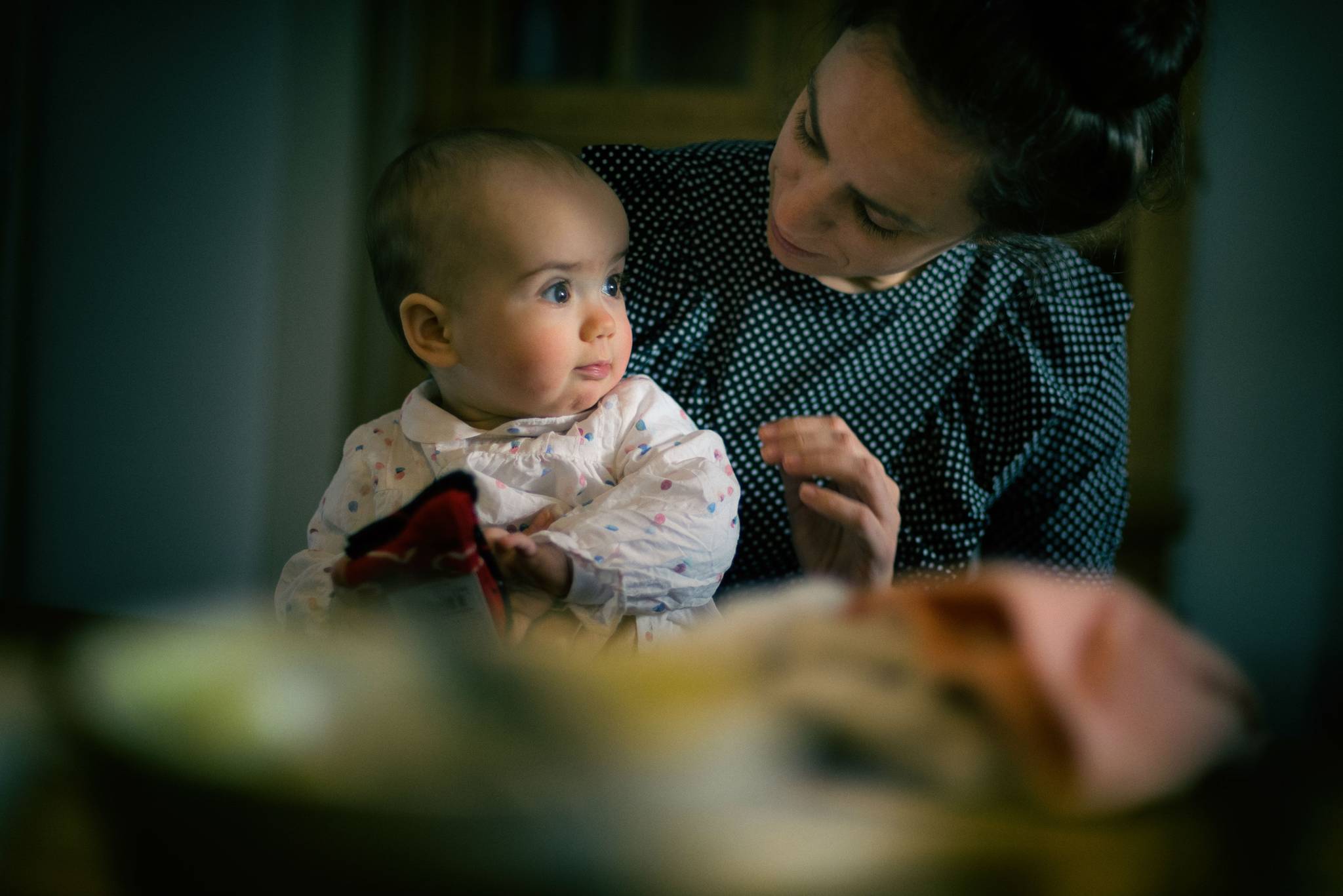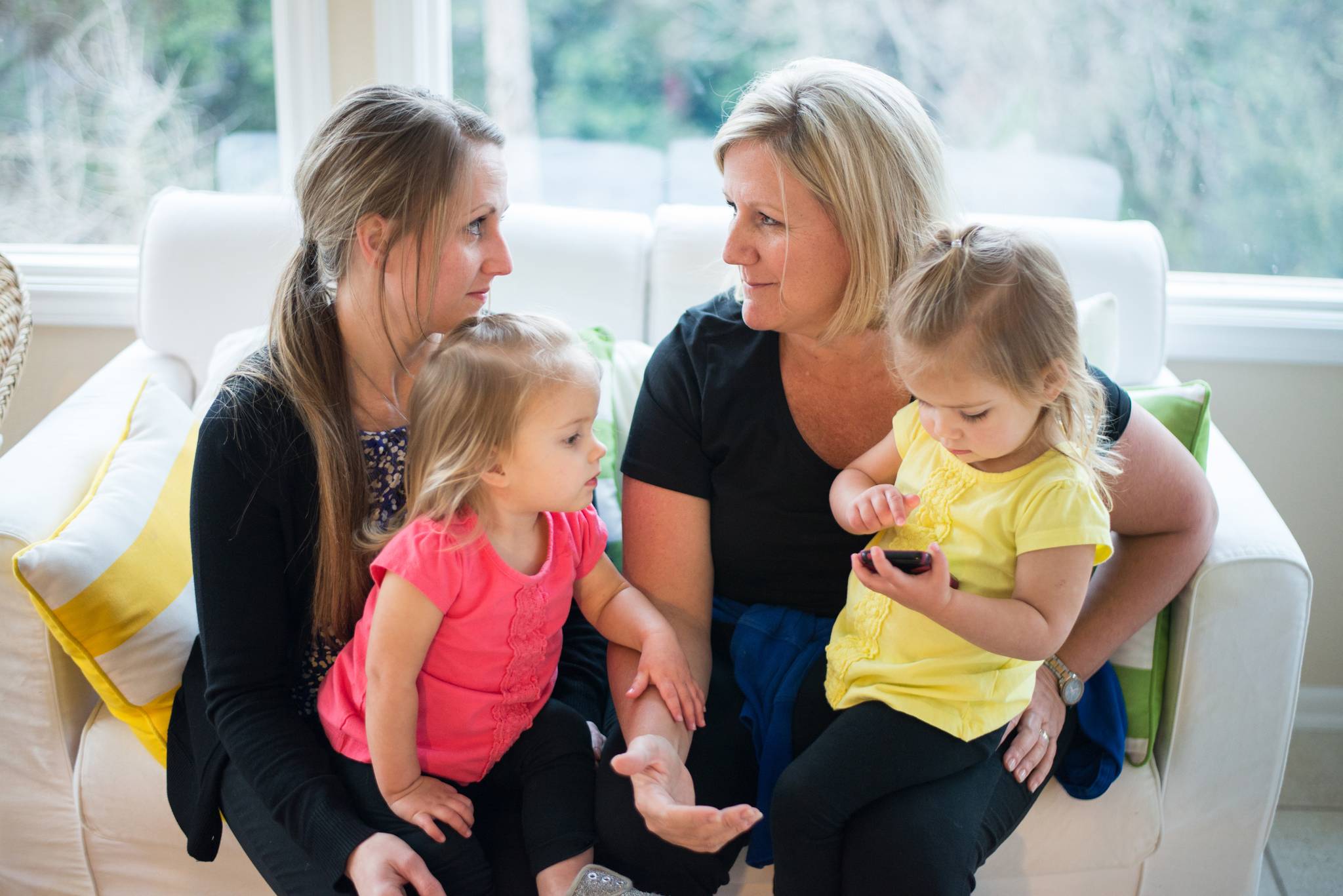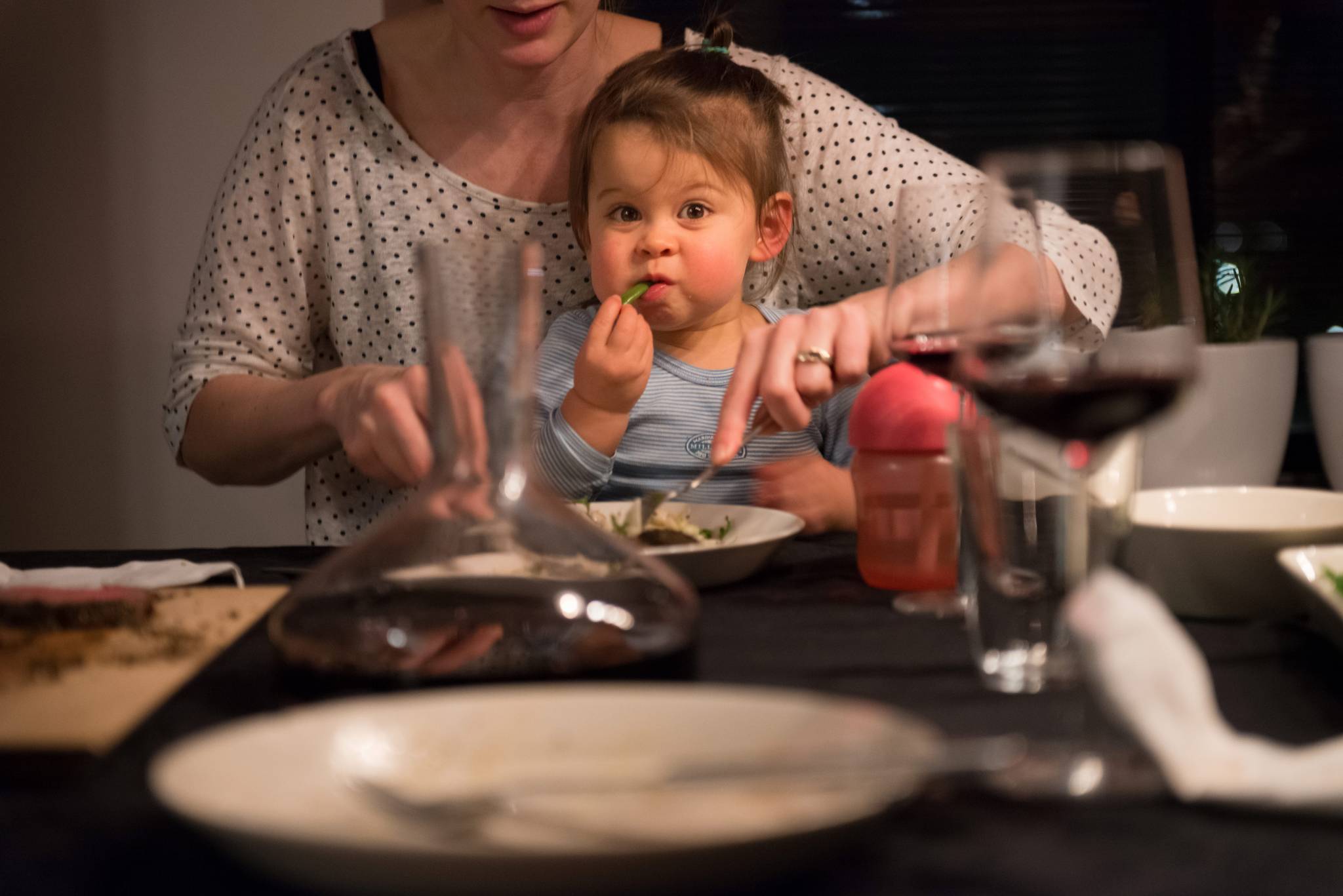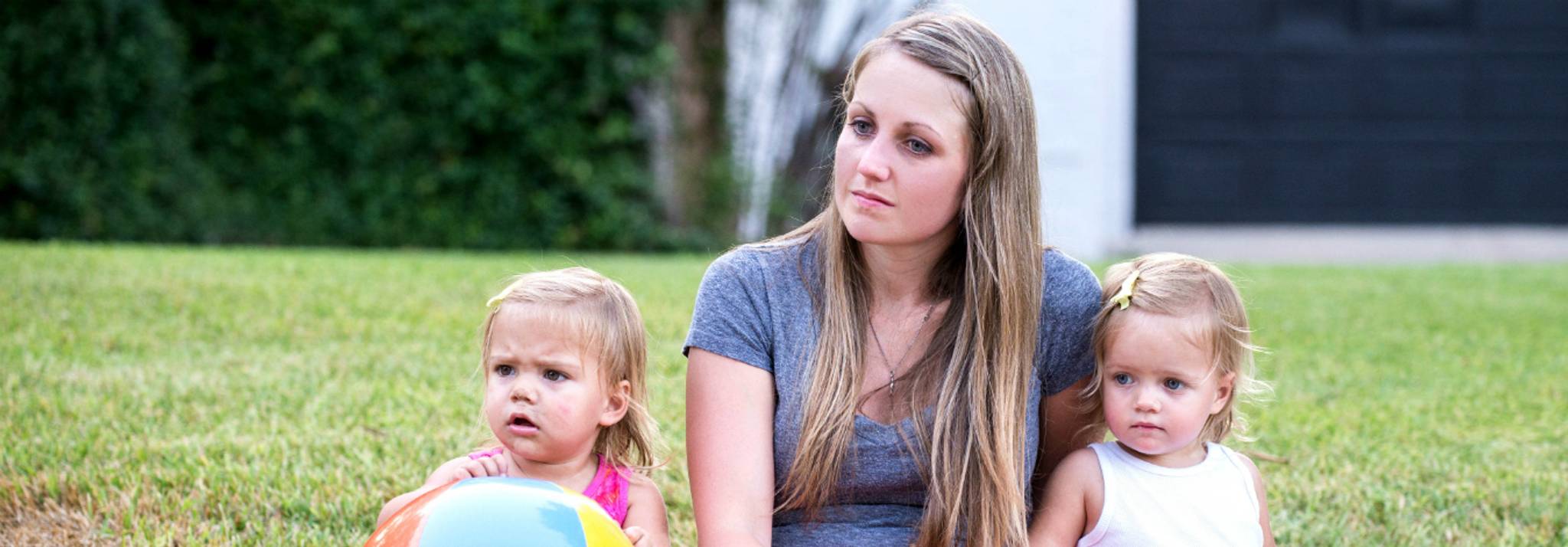
Mothering Sunday is right around the corner, spurring sales of spa days, expensive chocolates and lavish bouquets. And with Brits having spent over half a billion on Mother’s Day in 2015 – though notably, men spend far more than women – it’s a joyful season for many mums. But what about for those who don’t enjoy motherhood? With 92% of women feeling lonely after having children, and 20% of British women developing a mental illness during pregnancy or within the first year of having a baby, motherhood has its downsides. And increasingly, social media is providing a safe space for women who love their kids, but sometimes despise motherhood. We explore the insights behind platforms that provide a safe space for people to talk about taboo topics.
In the past, women were haunted by the ticking phenomenon of the ‘biological clock’. In the mid-1980s, journalist Molly McKaughan wrote that Boomer women had become an army of ‘clock-watchers’, hastily searching for the man and the room in their professional lives for children before they passed their ‘expiration date’. In the UK today, 67% of women have full-time jobs outside their parental responsibilities. “Motherhood is no longer an all-encompassing role for women now,” says Toni Morrison in Andrea O’Reilly’sMotherhood: A Politics of the Heart. “It can be a secondary role, or you don’t have to choose it.”
In fact, a fifth of British women will never have kids, up from 10% in the ‘70s. As traditional values fade, Gen Yers are being realistic about the decision to have children, citing financial strains, career goals and concerns of following in the footsteps of a neglectful parent of their own as reasons to bypass this life event.
“Every parent has felt pressured into playing the perfect parent in a variety of situations,” says Gill Sims, author of parenting blog Peter and Jane. “Parents' nights, birthday parties and doctor's appointments to name a few.” In a society where everyone is striving to be better and self-improvement has become a culture in itself, Gen Y mums are juggling career goals with rigorous workout routines, clean eating and mindfulness – all the while trying to play the role of Instagram yummy mummy.
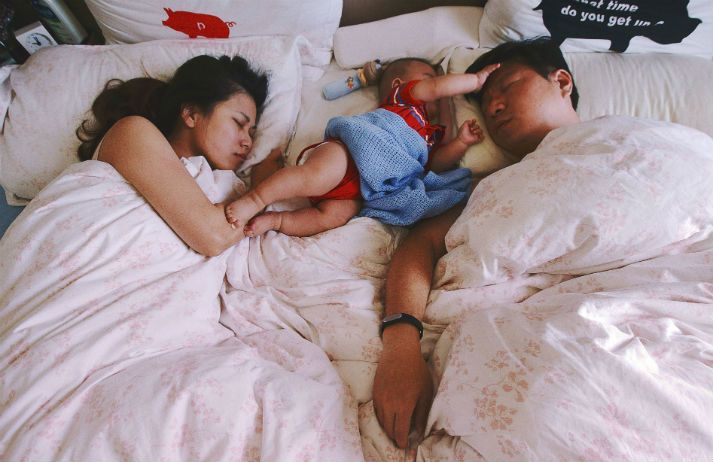
Although they can be a source of anxiety, social platforms are increasingly being used as spaces in which to start difficult conversations. On Hurrah For Gin, mum of two Katie illustrates her frustrations of parenthood, while The Unmumsy Mum is brutally honest about the emotional lows of motherhood to her hundreds of thousands of followers on Instagram. And in less than a year, Sims’ blog Peter and Jane has gone from a joke between friends to a fully-fledged online social community with over 280,000 followers – all reading, sharing and despairing over the stresses of having children. “Please don’t judge us,” she writes, in a post beginning ‘Dear Pregnant First Time Mummies-To-Be’. “The tired mummies; the shouty mummies; the sort of mummies you are currently vowing you will never be.” In short, parenthood is far harder than it looks, and social media is providing a well-needed pressure valve.
One study identified social media as the convergence of public broadcasting and private communication, where individuals can reach out to groups sharing comparable stories of suffering or anxiety. “The readers get a sense of solidarity with other parents,” says Sims. “The realisation that they are not alone if they find marriage and parenting hard sometimes, and that, actually, probably no one has the perfect Instagrammed shiny life they might portray online.”
For the men and women envisioning a future with children, it’s all about honesty and the ability to laugh off that rosy filter. Rather than just offering support like Mumsnet, satirical blogs are tackling humiliating and heart-wrenching realities. By using humour, Sims has masterfully created a space in which mums and dads can exchange their stories of bad parenting, in order to relieve themselves of the underlying anxiety accumulated in the daily battles of parenthood.
Ally MacLeod is an SEO copywriter and freelance writer based in Bristol. When she’s not writing, she’s usually attached to a bicycle, a pair of skis or a surfboard somewhere outdoors, or sat bingeing on natural history documentaries.
Lore Oxford is deputy editor of Canvas8, which specialises in behavioural insights and consumer research. She previously ran her own science and technology publication and was a columnist for Dazed and Confused. When she’s not busy analysing human behaviour, she can be found defending anything from selfie culture to the Kardashians from contemporary culture snobs.
